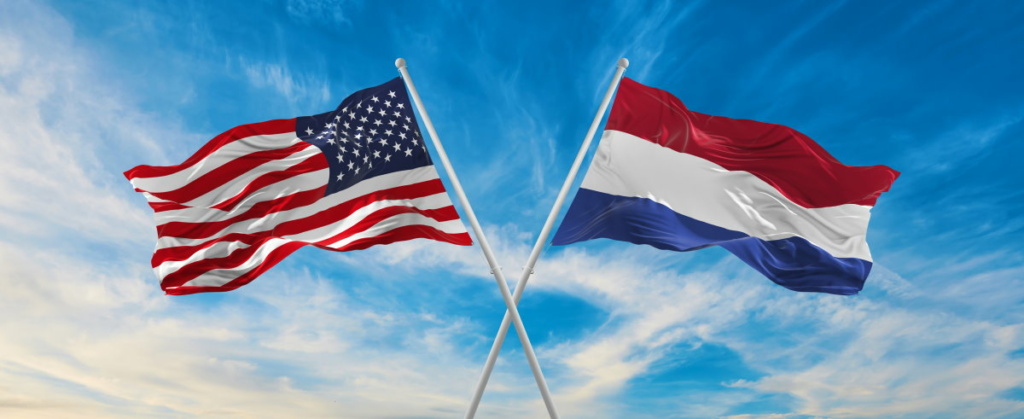
US-Dutch ‘deal’ on export controls reeks of coercion
The Netherlands (and Japan) agreed to join the US in controlling exports of semiconductor technology to China. That’s how it has been widely reported. In one of the very few on-the-record comments, a US official indeed spoke of a “deal.” How kind of the US to let an ally retain some dignity – digging by Politico shows that Washington actually flexed quite a bit of muscle to get its way.
Initially, the US hoped to get the Dutch onboard through the EU-US Trade and Technology Council, the political newspaper writes. That was a non-starter, because the European Union doesn’t have a say on national security issues. The Netherlands has treated it as such, even though other EU members could also be affected by a Chinese backlash, if only because of ASML’s international supply network. Only a week or so before the ‘deal’ was struck, Dutch officials promised to coordinate with other EU countries. There’s still plenty of time to do that, as it will take months (at least) before new legislative proposals will be put forward.
Anyway, when the EU-US TTC proved a dead end, the Biden administration tried another appeal on the Wassenaar Arrangement, which controls Western exports of goods and technology that potentially have military uses. The arrangement isn’t an actual treaty and following the recommendations is at the discretion of individual countries, but it has been the basis upon which shipments of ASML’s EUV scanners to China were blocked three years ago. EUV technology wasn’t specifically covered in the export control regime, but lithography equipment with its capabilities was.
The Netherlands “balked at signing an agreement singling out China, and not one that was country-neutral,” Politico writes. That’s a bit strange since the Arrangement doesn’t single out China. Presumably, Iran wouldn’t get an EUV scanner either if it ordered one.
Nevertheless, it’s understandable that the Netherlands doesn’t want to antagonize China any further. “It’s one thing to pick a fight with Beijing if you’re the economic superpower that is the US. It’s another if you’re a smaller country that needs to maintain friendly terms with the world’s second-largest economy,” Politico asserts. Additionally, the Netherlands has a reputation for being a staunch proponent of free trade and doesn’t like to restrict its businesses, especially under pressure from another country.
Ultimately, however, resistance was futile, because of the Foreign-Direct Product Rule dangling over the talks. Through this regulation, the US claims jurisdiction over every piece of technology that has US origins. In the past, the FDPR applied to products when at least 25 percent of their components were sourced from the US. But after the recent update, any product containing US components or intellectual property might be subjected to Washington’s export approval process.
And so the Dutch could either shake on a deal and promise to draw up a control regime on its own, possibly leaving a little wiggle room, or see exports from its national champion blocked through unilateral US measures. We’ll have to wait and see if the Dutch regulations match those of the US, but let’s not pretend that the US hasn’t been bending an ally to its will here. Whether you support putting the brakes on China’s development or not, that’s not what you want to see.
Main picture credit: Maxim Studio/Shutterstock





